Mooks. They’re everywhere: a swarming mass of mindless zombies, a troop of Nazi soldiers, robots, clones controlled by the evil Empire. Cannon fodder. Hordes. In fantasy worlds, the mooks are there to be killed, a literary device to demonstrate the hero’s deadly prowess in the face of overwhelming odds. The late, great Terry Pratchett offered the following definition of mooks in his book Guards! Guards!:
“They may be called the Palace Guard, the City Guard, or the Patrol. Whatever the name, their purpose in any work of heroic fantasy is identical: it is, round about Chapter Three (or ten minutes into the film) to rush into the room, attack the hero one at a time, and be slaughtered. No one ever asks them if they wanted to.”
The key to a good mook is their facelessness. They have no backstory, so there is no guilt in killing them or rooting for their deaths at the hero’s hand. Beware, especially if you are male, should you find yourself in a fantasy world where you are not a named character. You may be there just to fight and die.
I don’t know when the wanton slaughtering of mooks began to bother some people. Pratchett’s book came out in 1989, when the Berlin Wall fell and the stock movie specter of mindless, violent Reds swarming over the eastern boarder to eat peace-loving, capitalist children fell flat: the crowds pouring through the Brandenburg Gate appeared to be regular folks. After that, Hollywood seemed to be hunting around for a new class of universal villain, with mixed results, I thought. Everyone loves to hate on the Star Wars prequels, but I felt better about taking my young family to see the Phantom Menace when the human clones were replaced by endless armies of bloodless robots. I loved Lord of the Rings, but I felt conflicted when I started noticing the hordes of uruk hai largely had dark skin and dreadlocks. Or maybe it was me that changed. Maybe I became less comfortable with the heroes killing faceless masses in the fantasy I consumed and started looking for alternatives.
I've found that in some video games it’s possible, though a challenge, to play without killing your way through the game. Dishonered is one, Undertale another. In Undertale, the player is given the opportunity to pick up a gun, but they can choose not to and still complete the game. Even in Mass Effect, where, in one of the saddest scenes in video gamedom (SPOILER!) Morden must die, there is a moral struggle. Could it be that the mass shooting/genocide of dehumanized mooks wears on the fan communities that interact with these franchises?
My favorite book at the moment, and the epitome of this evolution in fantasy worlds, is Strange the Dreamer by Laini Taylor. The novel presents a world beautifully wrought: lyrical, fanciful, dark. It is a world that is both “beautiful and full of monsters,” as all the best fantasy worlds are. The protagonist is Lazlo Strange, so named because all orphans carry the surname Strange. Raised by monks, he is now a lowly librarian in the Pavilion of Thought, running and fetching for the aristocratic scholars. He is a dreamer. The chief topic of his dreams, both day and night, is the lost and Unseen City called Weep. It was last heard of two hundred years ago, and even then it was shrouded in legend and myth.
There are a number of characters contending for title of villain in this book. There is Thyon Nero, a scholar at the library and an alchemist. (Please indulge me while I pause for a moment to revel in the joy of Taylor’s inclusion of an actual alchemist, one with innumerable, well-researched details and accoutrements of historical western European medieval alchemy included in his character and activities. It doth make my nerd heart glad.) Thyon Nero is a bully of a man, but we also witness him being brutally bullied. No excuse, but it does add depth to the the relationship between Thyon and Lazlo, who witnesses Thyon’s humiliation and keeps it a secret.
Another contender is Minya, gifted with the ability to capture and enslave the ghosts of the newly dead. Though she looks like a child, she is actually much older. Her thirst for revenge has literally stunted her. When Minya says vengeance others listen:
“She knew how to say the word, gritted teeth and spittle flying, all her hate bound up in it. Her own gift was what it was. She could punish the humans, but only once they were dead, and that did not satisfy.”
Why does Minya hate humans so? When she was a child humans came to kill everyone of her race, including children and infants. She rescued four babies and hid them away, raising them in the single-minded hope of retaliating against the genocidal humans. She is also wracked with the unreasonable guilt of a survivor who remembers the ones she couldn't save.
The third villain contender is the Godslayer, Eril-Fane. He is the one who led the humans in their rebellion and murdered both the gods and the godspawn—children begotten by the gods with unwilling, kidnapped humans. Eril-Fane was entirely right in his own mind, rising up against the abusers of mankind. He is a hero, and freed the city from the tyranny of evil gods. But he killed children to do it, possibly a child of his own. Nightmares haunt him and he literally lives in the shadow of that day.
There are, in the background, the Mesarthim, the gods that perpetrated atrocities on the humans. The are responsible for the initial suffering that resulted in the present Gordian knot of guilt and retribution. If Taylor had wanted to write an easier book, she would have penned the story of enslaved humans rising up against their persecutors. Variations on this theme have been written a thousand times, but fewer fantasy authors have tackled the consequences of the “happily ever after,” of a tale that isn’t simply righteous good guys vs. bad guys. In a recent tweet, Taylor stated that what she was after was just that, a more complicated story:
In Strange the Dreamer, the easy bad guys, the gods, are already dead. Taylor exquisitely positions each character in the midst of a moral crisis. There are no easy answers. Love and forgiveness exist, but they are fraught with the weight of history and violence that makes the squabble between the Montagues and Capulets seem like a light-hearted farce.
The end of Strange the Dreamer is brutal and tragic. There are fantastic and surprising revelations—carefully set up throughout the narrative if you are attentive—but no resolution. This is the first book of a planned series. Book Two, The Muse of Nightmares, is expected October 2, 2018. I can’t wait.

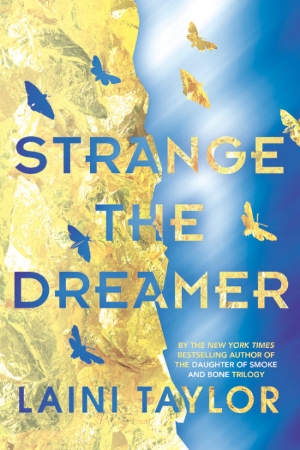






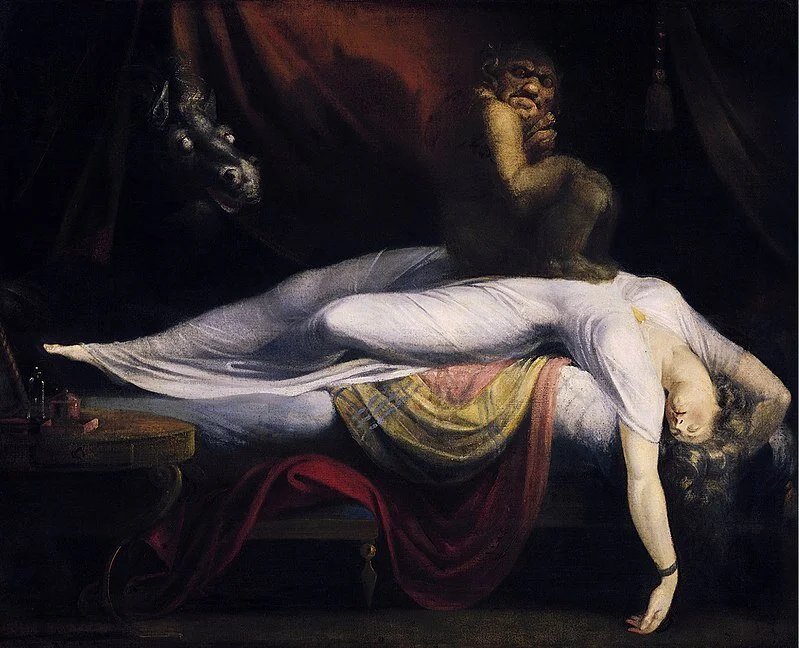





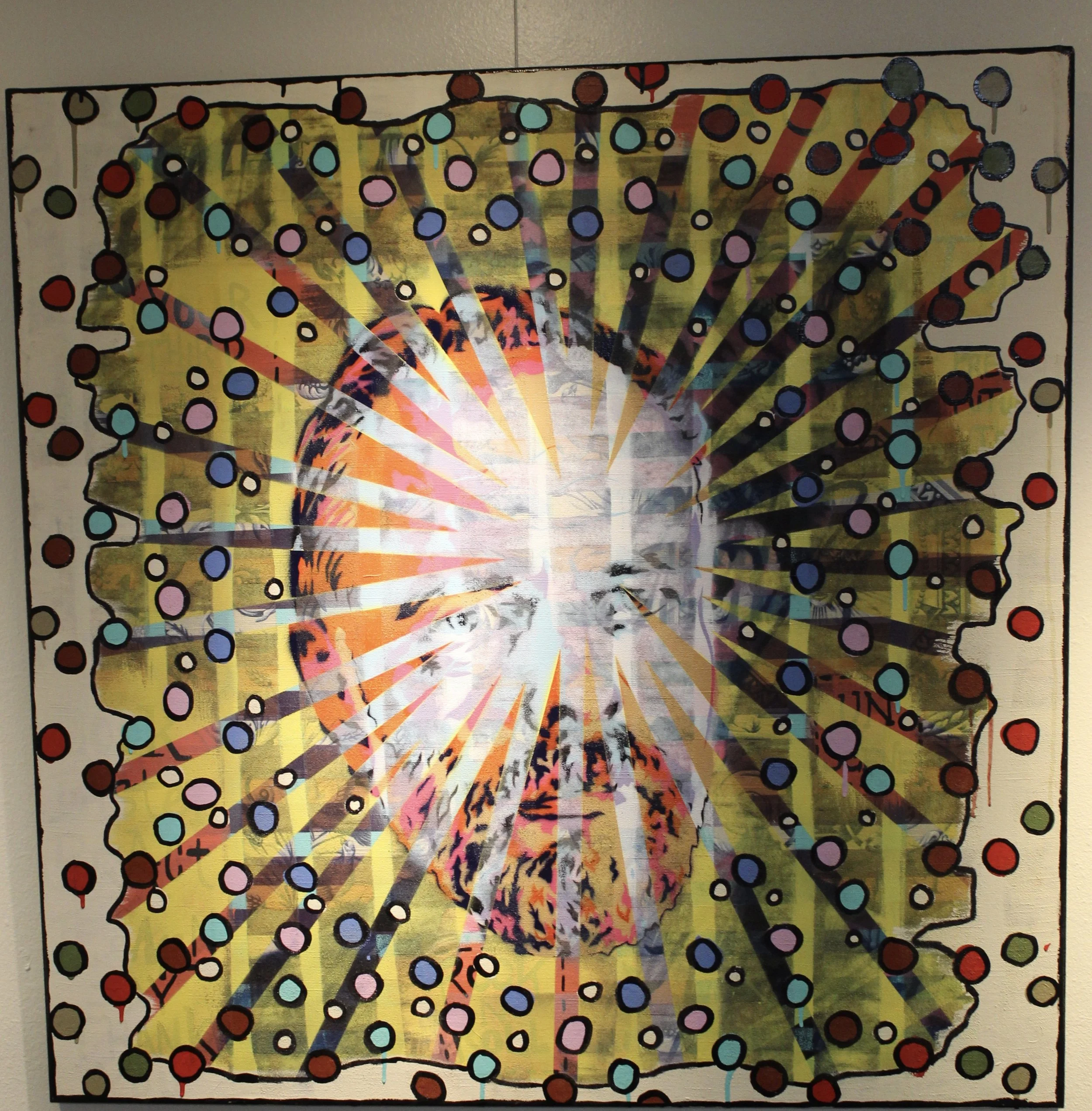
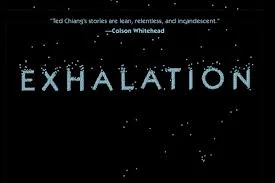












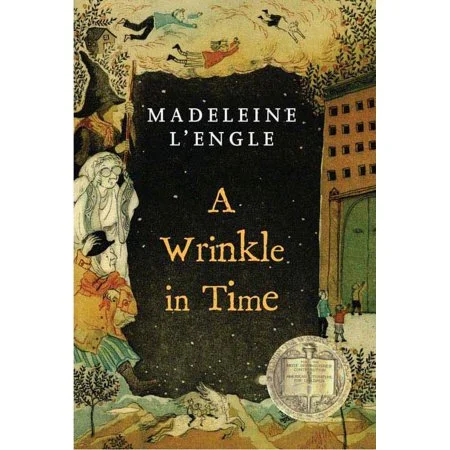




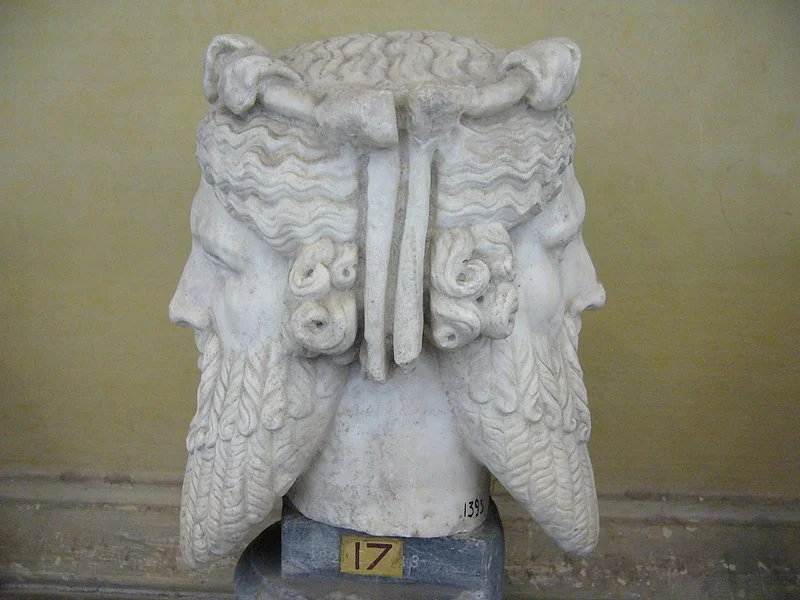
There is so much out there to read, and until you get your turn in a time loop, you don’t have time to read it all to find the highlights.